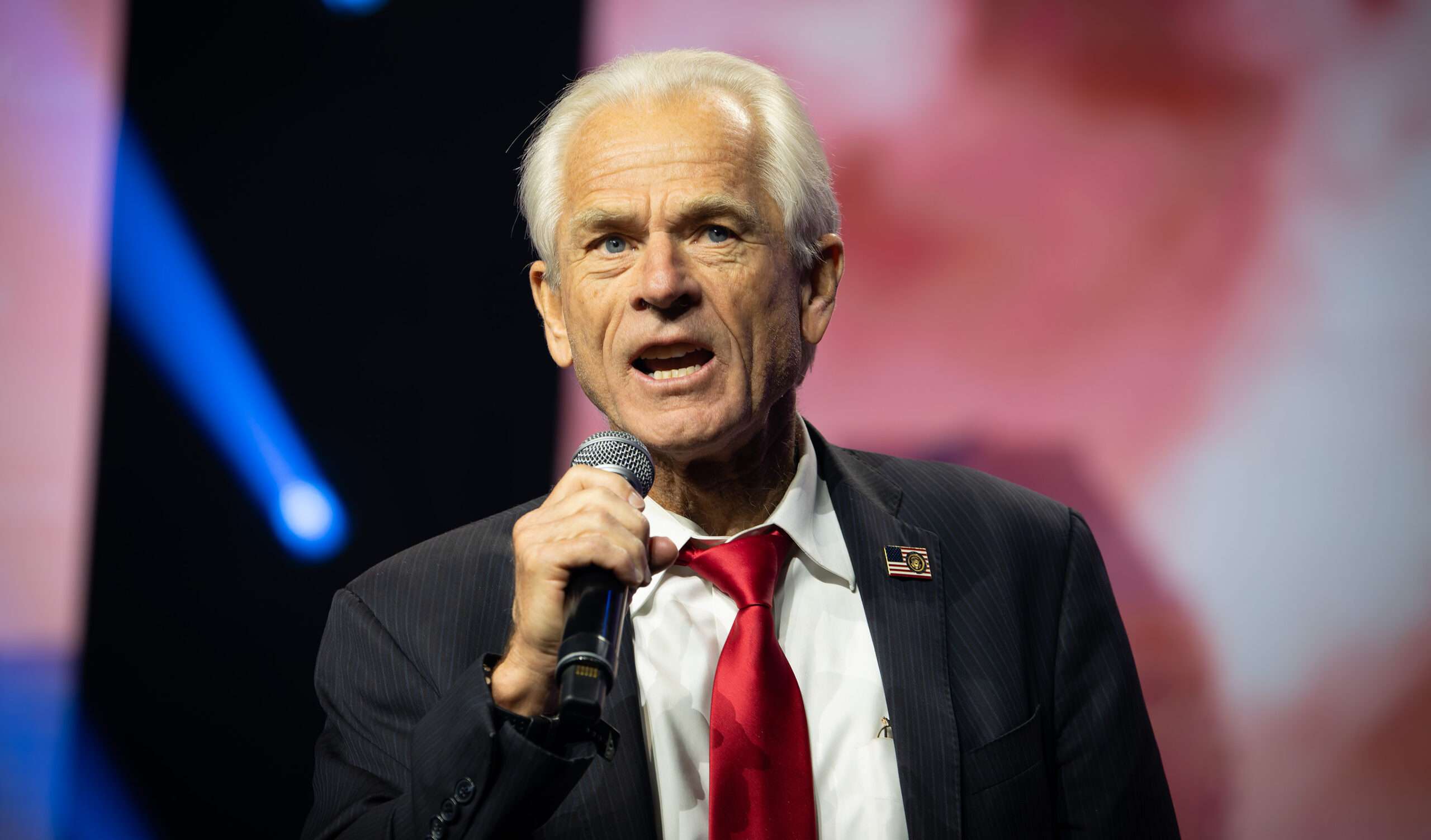Peter Navarro Should Not Influence U.S. Trade Policy—or Anything Else
In 2017, shortly after President Donald Trump initiated his controversial trade wars, Peter Navarro defended the imposition of tariffs during a CNN interview with Jake Tapper. Navarro claimed that “China is bearing the entire burden of the tariffs,” asserting that there was no evidence indicating that American consumers would feel the impact of these taxes. However, contrary to Navarro’s claims, multiple studies, including a notable one by Moody’s, revealed that American consumers and businesses actually absorbed approximately 93 percent of the cost associated with the tariffs. Furthermore, a 2023 report from the U.S. Trade Commission corroborated that American companies and consumers faced nearly the full financial burden tied to tariffs imposed on steel, aluminum, and various goods from China, indicating a significant disconnect between Navarro’s statements and the economic realities faced by American individuals and businesses.
Navarro’s ascent in the Trump administration is notable, given his past as a political figure in California with a history of failed candidacy and dubious claims, such as those in his book series, including “Death by China.” He even perpetrated a fabricated character named “Ron Vara,” who spouted extremist views couched in Sinophobia, and misrepresented fabricated credentials to gain credibility in discussions about global trade. His lack of accountability is striking; rather than apologizing for these fabrications, he adhered to the “first rule of running a grift,” which is never to acknowledge wrongdoing. Navarro’s approach indicates a broader trend of manipulation and misrepresentation within economic and political discourse, particularly in cases where individuals harbor specific ideological agendas.
As the director of the National Trade Council during Trump’s presidency, Navarro left a controversial legacy beyond tariffs. His opposition to reforming the Jones Act—an outdated piece of protectionist legislation that inflates shipping costs—illustrated his alignment with protectionist policies at the expense of economic efficiency. Additionally, he played a pivotal role in promoting a much-criticized plan to award a significant contract to Eastman Kodak, a company struggling financially, to manufacture pharmaceuticals. Although the contract was ultimately rescinded amid investigations, this decision raised serious concerns about Navarro’s grasp of economic policy and strategic planning.
Following his term in the Trump administration, Navarro encountered legal repercussions for his refusal to cooperate with Congressional inquiries regarding the January 6 Capitol riots, resulting in a four-month prison sentence. Despite these setbacks, Trump chose to reinstate Navarro in a senior role in his next administration, emphasizing his previous experience and apparent loyalty to Trump’s agenda. Trump described Navarro’s mission as one that would synergize trade and manufacturing initiatives, projecting optimism for a revival of protectionist policies that had previously stifled economic growth.
Critics of Navarro’s approach argue that his emphasis on protectionism failed to achieve intended outcomes, such as reducing trade deficits and fostering fair trade practices. Vance Ginn, a former White House economic advisor, articulated this sentiment by questioning the efficacy of continuing policies that have proven to be counterproductive. Similarly, economist Don Boudreaux starkly compared seeking Navarro’s advice on trade policy to consulting a figure notorious for promoting hate, underscoring a consensus among economists that Navarro’s policies were based on flawed reasoning devoid of empirical support.
Ultimately, Navarro’s insights and strategies should be scrutinized within the context of their potential impacts on America’s critical trade mechanisms. Despite being a loyalist and effective purveyor of Trump’s protectionist narrative, the overarching implications of Navarro’s policies—including the harm inflicted on economic growth and international trade relations—raise serious questions about their viability. As he resumes a role in shaping U.S. trade policy, it remains crucial for stakeholders to critically evaluate whether his strategies align with the broader goals of increasing economic efficiency, fostering equitable international interactions, and enhancing overall economic resilience.
Share this content:












Post Comment